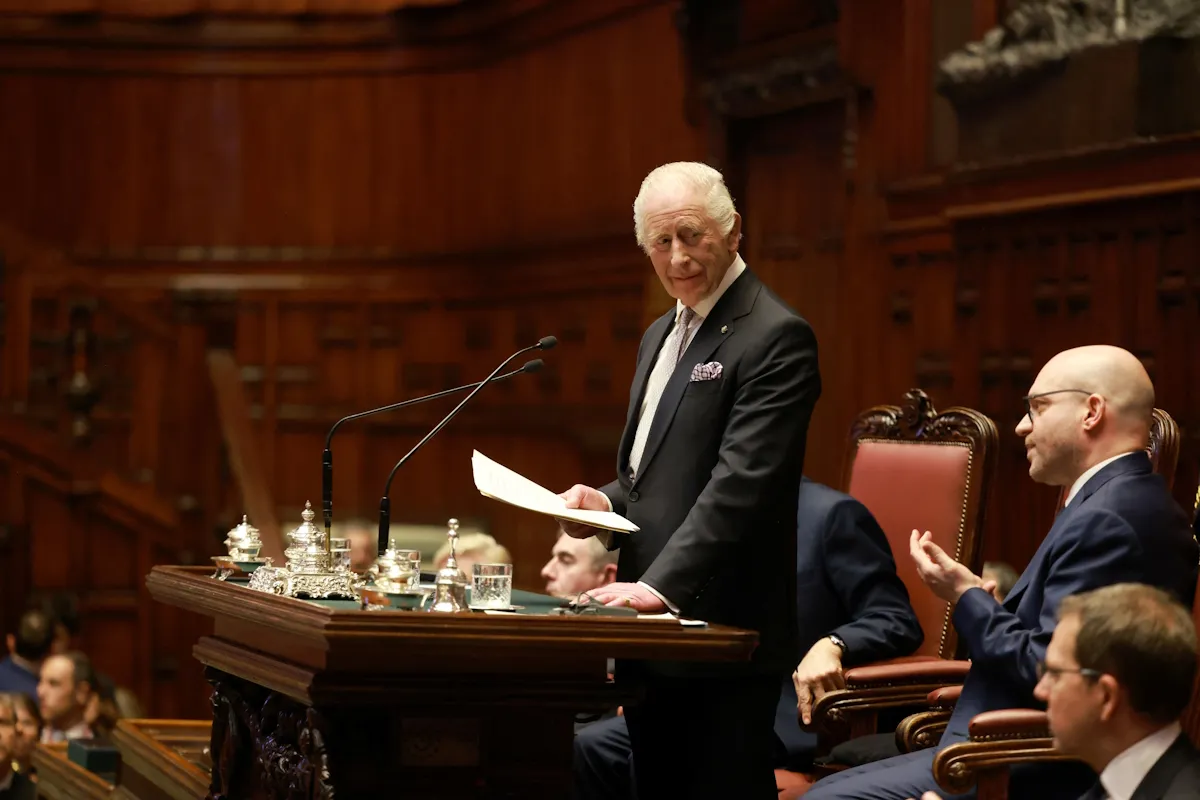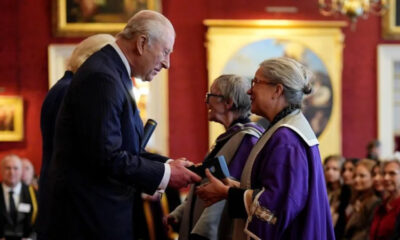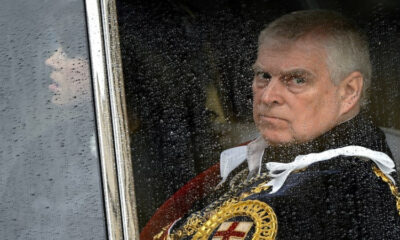Latest News
King Charles III’s Parliament Address: The Future of the Monarchy in Modern Britain

Introduction
In a ceremony steeped in centuries of tradition, King Charles III delivered his 2025 Parliament Address to a nation navigating profound political, social, and cultural transformation. The address, his third since ascending to the throne, was closely watched by both domestic and international audiences eager to understand how the monarch would position himself in a Britain seeking balance between continuity and change.
While the King’s speech is constitutionally drafted by the government, his delivery and tone carried unmistakable personal significance. Observers noted the careful dignity and measured optimism with which he articulated the government’s legislative agenda. The occasion also reignited debates about the monarchy’s relevance in a modern democracy, as well as its relationship to a more diverse and digitally connected public.
King Charles’s message reflected a monarchy adapting to a new era, one that values accountability, environmental stewardship, and inclusivity as pillars of national identity. His words, subtle yet deliberate, revealed a monarch deeply aware of his symbolic role in an evolving Britain.
Policy Themes and Tone of the Address
The 2025 address outlined an agenda focused on stability, sustainability, and national renewal. The King’s speech, read before assembled Members of Parliament and peers in the House of Lords, emphasized policies designed to strengthen economic recovery, promote environmental responsibility, and support communities across the United Kingdom.
Central to the address was the government’s commitment to long-term energy security and climate resilience, issues that have long resonated with the King’s personal advocacy. His calm and deliberate tone underscored the significance of transitioning toward renewable energy, investing in sustainable infrastructure, and promoting responsible business practices. The repeated emphasis on environmental stewardship echoed the monarch’s lifelong dedication to ecological causes, lending authenticity to the policy announcements.
Equally prominent was the government’s focus on cost-of-living relief and economic fairness. The King outlined proposals for targeted support to households, regional investment, and skills development in green industries. His steady, unhurried delivery lent weight to themes of balance and prudence.
Foreign policy received particular attention, with the address reaffirming Britain’s commitment to its European partnerships, transatlantic alliances, and global humanitarian efforts. The tone combined reassurance with subtle confidence, reflecting a nation seeking renewed influence in a complex international landscape.
Observers noted that, while constitutionally neutral, King Charles’s phrasing conveyed a quiet optimism rooted in service and unity. His careful diction and reflective pauses demonstrated both restraint and empathy, traits that continue to define his approach to leadership.
Media Coverage and Public Discourse
Media coverage of the address was extensive, with commentators focusing on both the content of the speech and the evolving image of the monarchy under King Charles III. Broadcasters highlighted the King’s composed presence and his ability to merge ceremonial gravitas with modern sensibility. Major outlets praised the speech’s environmental and social focus, describing it as a subtle yet meaningful reflection of contemporary priorities.
However, reactions were not uniform. Some political analysts questioned whether the monarch’s growing environmental reputation risked overshadowing his constitutional neutrality. Others argued that his consistent advocacy for sustainability enhances the monarchy’s moral authority at a time when public trust in institutions remains fragile.
Public response across the UK revealed a nuanced picture. Many citizens expressed admiration for the King’s composure and sincerity, viewing him as a unifying figure amid political division. Social media conversations reflected a mix of pride in Britain’s traditions and calls for continued modernization. Younger audiences, in particular, responded positively to the environmental tone of the address and the King’s perceived authenticity.
Royal watchers also noted the increased accessibility of this year’s event. For the first time, the Palace partnered with digital broadcasters to offer multilingual subtitles and behind-the-scenes educational features, expanding engagement beyond traditional audiences. This modernization effort was widely applauded as evidence of a monarchy attuned to a diverse and connected society.
The Monarchy in a Changing Britain
The 2025 Parliament Address reignited discussion about the monarchy’s evolving place in British public life. King Charles III’s reign has so far been defined by quiet adaptation rather than abrupt reform. His focus on environmentalism, social harmony, and interfaith dialogue has helped frame the Crown as a moral compass rather than a political actor.
Experts note that the King’s vision of monarchy is one of partnership rather than power. He has consistently supported community initiatives, youth engagement, and heritage preservation, aligning the institution with values of service and unity. These efforts have begun to reshape perceptions of the monarchy as a living, responsive institution rather than a relic of the past.
Yet challenges persist. Questions about the monarchy’s long-term funding, public relevance, and generational appeal continue to surface. Critics argue that the institution must do more to engage with contemporary Britain’s multicultural identity and economic inequalities. Supporters counter that the King’s steady modernization efforts, combined with the Prince and Princess of Wales’s active public roles, are gradually ensuring continuity through change.
The Parliament Address served as both a reaffirmation and a reminder: the monarchy’s endurance depends on its ability to evolve with the nation it represents. By embodying restraint, empathy, and foresight, King Charles III is attempting to shape a monarchy that speaks not only to tradition but to the future.
Conclusion
King Charles III’s 2025 Parliament Address demonstrated a refined balance between ceremony and contemporary relevance. Through calm delivery and thoughtful emphasis, he presented an agenda rooted in sustainability, unity, and progress while reflecting the values that have come to define his reign.
The speech resonated beyond policy, symbolising the monarchy’s ongoing adaptation to modern Britain. Media reaction captured both admiration and critical reflection, while public sentiment revealed cautious optimism about the Crown’s evolving role. In an age of rapid change, King Charles’s approach reflects an understanding that the monarchy’s greatest strength lies in its ability to listen, adapt, and endure.






















